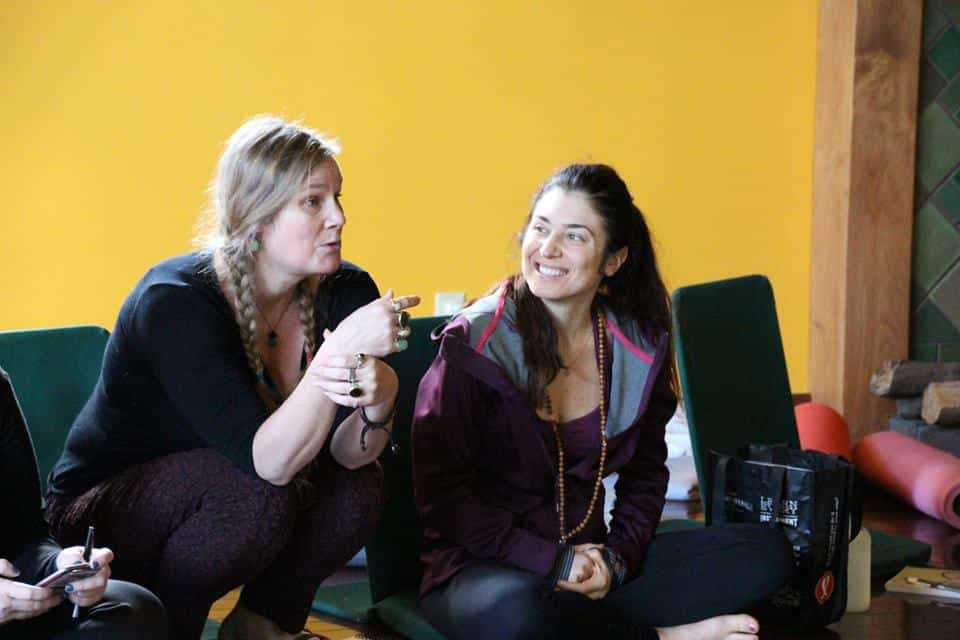By Seema Reza.
The first time I read about the murder of Tamir Rice, a 12 year old boy shot by Cleveland police for waving a toy gun at a playground, I tell my sons, eight and fourteen, to pause the television. We are watching a show called Once Upon a Time, based on fairy tale characters who are dealing with the ultimate curse: reality. I read them the whole article, word for word, from the link I clicked on my Facebook feed. I read them Tamir Rice’s father’s words, “He didn’t know what he was doing. He was only twelve.”
They pay attention to my words in the way they do only when I am telling them something in this tone of voice–a voice I cannot fake–the scared quivering that sounds like a squint. We are cramped on the couch in the apartment we moved to when I left their father, our legs piled on top of one another. The television is paused on one or another fair-skinned, flowing-haired heroine. On this show, every rescue emerges from doing the easily identified right thing, every curse is broken by the everlasting magic of true love.
I remind them of the rules: no bomb jokes, no tossing around the word terrorist. No sending text messages that could be twisted against you. No buying those stupid dummy grenades you are fascinated by at the army surplus store. I tell them, “I don’t want to scare you.” But that’s not true. I have these conversations with them when I am afraid. When something happens in the news. When I imagine the black tops of their heads in the sights of a drone. As far as I know, the United States doesn’t use drone strikes domestically. Our police forces are still struggling to figure out how to operate and store the volume of MRAPS and assault rifles and grenade launchers that have come from the Pentagon’s surplus. “There are people,” I warn my sons, “who will be afraid of you. You should be afraid of them.”
I have dinner with a man who is wondering aloud why Bill Cosby’s victims didn’t come forward sooner. He brought pizza and we are eating it over greasy cardboard at my dining table. The boys are with their father. I try to explain to him what it feels like to be a woman. To be always weighing risks, gambling. You catch more flies with honey, we are told. But terrible things have sweet teeth too. We are taught to prepare ourselves, stay guarded, expect bad things to happen. And when they do happen, they will be our fault. Because we were warned.
It is an unusually warm day in November. We are walking by the chainlink fence encircling a swimming pool near our apartment building. My eight year old says, “I could sneak in there easily.” I grab his wrists, kneel to face him. “You never break the law,” I tell him. I know he will break laws some day. Rebellion is a rite of passage, a way to lash out against the terror of standing on the precipice of the long work of fending for yourself.
A year ago, I asked a dear friend, a black poet in his thirties, when he noticed a shift in strangers’ attitudes toward him. “When did you notice strangers stopped treating you like a cute little kid?”
“When I started going places without my mom.”
* * * *
Seema Reza is a poet and essayist based outside of Washington, DC, where she coordinates and facilitates a unique hospital arts program that encourages the use of the arts as a tool for narration, self-care and socialization among a military population struggling with emotional and physical injuries. Her work has appeared on-line and in print in The Beltway Quarterly, HerKind, Duende, Pithead Chapel and McSweeney’s Internet Tendency.


To get into your words and stories? Join Jen Pastiloff and best-selling author Lidia Yuknavitch over Labor Day weekend 2015 for their 2nd Writing & The Body Retreat in Ojai, California following their last one, which sold out in 48 hours. You do NOT have to be a writer or a yogi.
“So I’ve finally figured out how to describe Jen Pastiloff’s Writing and the Body yoga retreat with Lidia Yuknavitch. It’s story-letting, like blood-letting but more medically accurate: Bleed out the stories that hold you down, get held in the telling by a roomful of amazing women whose stories gut you, guide you. Move them through your body with poses, music, Jen’s booming voice, Lidia’s literary I’m-not-sorry. Write renewed, truthful. Float-stumble home. Keep writing.” ~ Pema Rocker, attendee of Writing & The Body Feb 2015
Featured image courtesy of Incase.


[…] piece (an essay not a video), “Warnings for My Sons,” on The Manifest Station went live today. It means a lot to me. It’s all the […]
Your piece is written so well. Short and so much to the point. Your sons are lucky to have a mother like you.